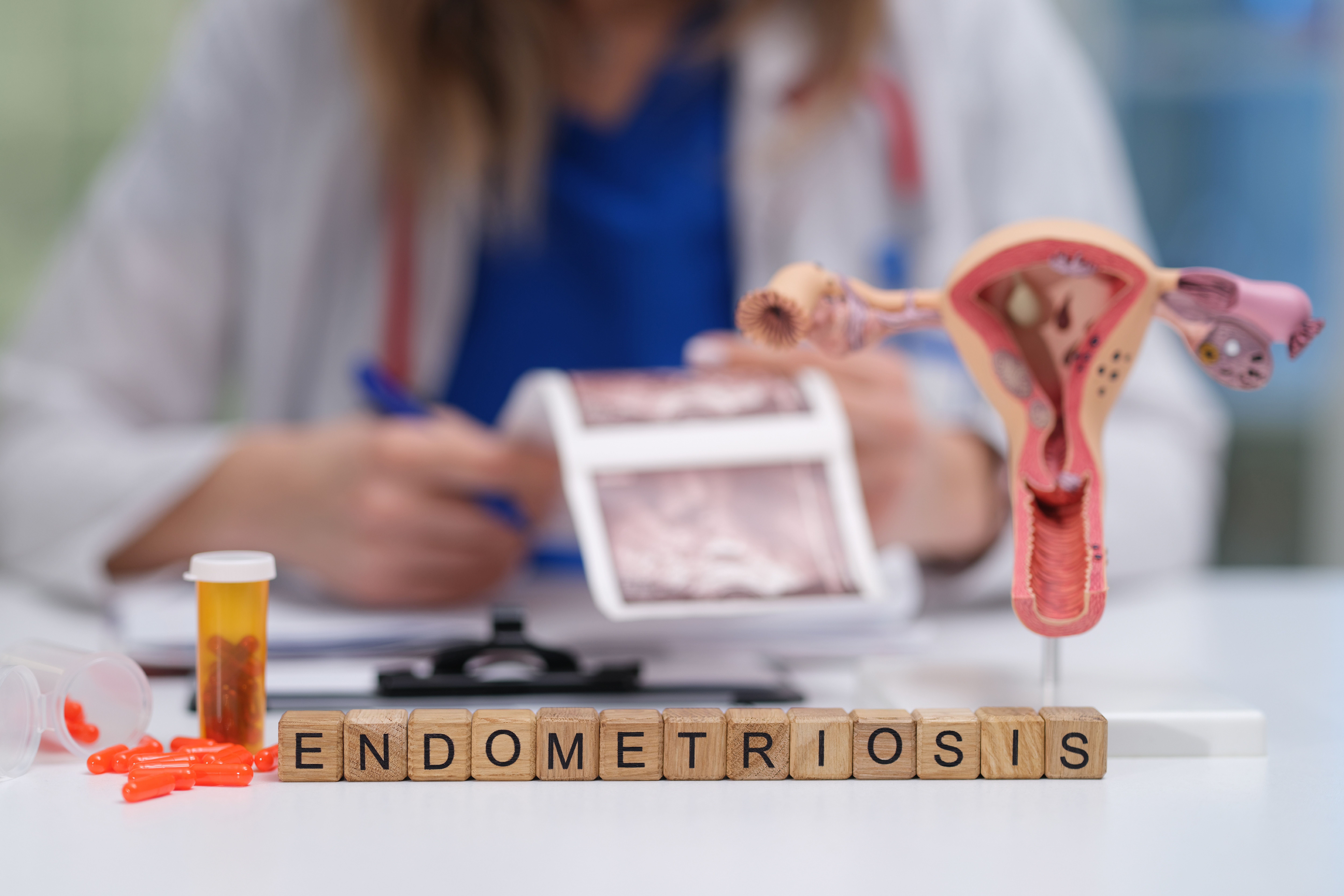Tecan uses cookies to improve our website. By continuing to browse our website, you accept our cookie policy.
Tecan uses cookies to improve our website. By continuing to browse our website, you accept our cookie policy.

Our teenage years and early adulthood are when we are at our most energetic and productive. Life seems to hold limitless possibilities. The last thing we expect in this vital phase of life is to be afflicted with severe pain. Unfortunately, for millions of women around the globe who suffer from endometriosis, this is exactly what they face.
Endometriosis is a condition in which tissue similar to the lining of the uterus (the endometrium) grows outside the uterine cavity, typically on pelvic organs such as the ovaries, fallopian tubes and the outer surface of the uterus. Symptoms can include pelvic pain, unusually heavy or painful periods, discomfort during bowel movements or urination and pain during sexual intercourse. The intensity of symptoms often fluctuate throughout the menstrual cycle, influenced by hormone levels (particularly estrogen), making the condition especially debilitating. In many cases, endometriosis can also lead to infertility.
According to the World Health Organization, it is estimated that 190 million women worldwide are affected by endometriosis1. This equates to roughly 10 % of all women of reproductive age. However, the condition is often diagnosed late - or misdiagnosed entirely - because its symptoms vary widely from person to person. The toll on the physical and mental health of affected young women is therefore considerable.
While the exact cause of endometriosis remains unclear, women with a family history of the condition are at higher risk of developing it, suggesting a genetic component. There is no definitive cure, so treatment is based on alleviating the symptoms or surgical removal of the lesions.
Organoid models have the potential to transform and deepen our knowledge of diseases in many fields of biomedical research. One team in Denmark and Belgium is applying this exciting approach to the study of endometriosis. GynQura is an innovative project within the The BioInnovation Institute’s (BII) BioStudio program in Copenhagen. BII’s overall mission is to incubate world-class life science and catalyze the commercialization of new solutions. In this spirit, GynQura is a collaborative research effort between BII and Professor Hugo Vankelecom of KU Leuven, a pioneer in the development of endometrial organoid models.

As Giota Kakni, scientist in the GynQura team explains: “At GynQura we are focused on developing novel therapeutics that directly target ectopic endometriotic lesions—the root cause of endometriosis—by leveraging patient-derived organoids for drug discovery.”
Research has shown that these organoids accurately reflect key features of endometrial diseases, including dysfunctional hormone responsiveness associated with endometriosis.
“GynQura is harnessing patient-derived organoid models to identify and develop novel, targeted treatments for endometriosis”, Giota continues. “These advanced 3D models closely replicate the key characteristics of the disease, providing a powerful platform for studying disease mechanisms and accelerating drug discovery.”
Furthermore, by leveraging a comprehensive endometriosis organoid biobank, GynQura aims to identify and validate therapeutic targets and screen drug candidates, with the goal of developing drugs that directly address the underlying causes of endometriosis, rather than merely managing symptoms.
With a small core team, optimizing the efficiency of their research has been a key focus for GynQura. To carry out organoid drug screening activities as efficiently as possible, they needed an automated platform that could increase throughput whilst minimizing the risk of human error. The preference was for a scalable, end-to-end workflow solution that allowed fast screening with combined imaging and luminescence readouts.
After evaluating their options, GynQura selected Tecan to provide an integrated system comprising a Tecan Fluent® liquid handler plus a Tecan Spark® Cyto multimode imaging system, coupled with a Cytomat™ incubator from Thermo Fisher. Giota explains why; “We chose Tecan based on the strong compatibility of their solutions with our workflow needs. The Fluent platform offers generous deck capacity and demonstrates high precision in transferring small volumes, which is critical for working with organoids. Meanwhile, the Spark Cyto’s multimodal capabilities aligns perfectly with our assay requirements. In particular, its newly developed 3D imaging and organoid analysis modalities provide an ideal balance of speed and high-quality imaging—a key advantage for high-throughput screening.”

“Moreover, knowing that Tecan manufactures two of the three core devices gave us added confidence in their ability to deliver a fully integrated solution, ensuring seamless functionality and reliable, ongoing support.”
Innovative research depends on successful partnerships, a fact that is not lost on Giota; “Strong partnerships are essential to the success of our project. Our work with Tecan, who provided valuable expertise to automate our workflows is an example of that. The core elements that drive a successful partnership include clear communication, mutual trust and a high degree of adaptability.”
So what does the immediate future hold? Giota intends to continue collaborating with Tecan to refine and optimize the team’s automated workflows. “The upcoming phase of the project will focus on target identification and validation, plus screening of focused compound libraries using our organoids. Our goal is to identify the most promising therapeutic candidates for endometriosis.”
Applying innovative approaches such as organoid models to complex healthcare challenges like endometriosis has the potential to transform the lives of millions of women around the world. Collaborations like GynQura and Tecan’s are helping to bring that future closer.
| Click here find out more about Tecan Spark® Cyto multimode imaging system. |
Spark Cyto is for research use only.
1) https://www.who.int/news-room/fact-sheets/detail/endometriosis